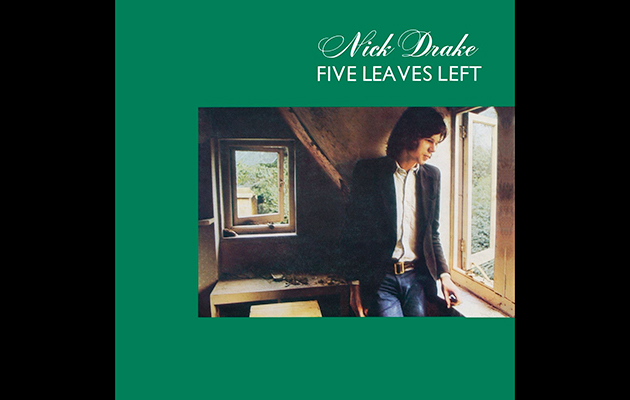Witchseason Productions operated out of offices in Charlotte Street, near Soho, and offered a full portfolio of in-house musical services: production (by Boyd), management (by Boyd and Tod Lloyd; or Anthea Joseph for Sandy Denny), even sleeve design (by Daniel Halperin). The company’s family tree grew from the unlikely meeting of Boyd’s interest in the world’s roots music, and the psychedelic sounds of underground London, emanating from his influential club, UFO. Though a business, it also served, unofficially, as a hang, a loose affiliation of like minds – which now welcomed Nick Drake.
“I don’t want to give it a more idealistic atmosphere,” says Joe Boyd. “I was very impressed by Kit Lambert and Chris Stamp, and we aspired to be a commercial outfit. But we couldn’t help ourselves.”
“It was an office without many chairs, so there were a lot of people sat on the floor in the outer office waiting to get paid,” remembers Richard Thompson. “I’d seen Nick there a few times. Even in a time when people didn’t say much, he was exceptionally withdrawn, and I was also very shy. We might have nodded meaningfully to one another, but that was probably about it.”
“We all felt like we were in the same camp,” says Gerry Conway, then drummer of Fotheringay. “We all became friends together. The Fairport band was pretty outgoing, but everyone recognised that Nick was a bit more introverted.”
“Joe would take Nick and I out together, to the cinema and to art galleries,” says Beverley Martyn, “and to people’s houses. It was Joe’s way of getting Nick to have some friends. Nick looked up to people I knew like Bert Jansch and John Renbourn, Davy Graham. He would be quite chatty over those kind of things. You would think someone with those looks would be full of themselves, but he wasn’t.”
Beverley Martyn owns a tape that Drake made with Boyd, which conveys Witchseason’s intimacy with their artists. “Joe used to do this a lot,” says Beverley. “Come down to where you were and put down your latest thing. It was a way of getting you where you felt most comfortable.”
When John and Beverley Martyn returned from making Stormbringer! in Woodstock, Drake “very proudly” brought round Five Leaves Left and played it to them. While they thought it was great, the general public seemed reluctant to commit.
“I was very surprised,” says John Wood. “I can’t remember anybody who wasn’t bowled over by it. But it didn’t go anywhere. Partly because he didn’t have any reputation performing, and partly because I’m not sure Island were as enthusiastic as they might have been. In retrospect, the relationship Witchseason had with Island may have been a disadvantage, as they were producing so much of their material in-house.”
Today, Joe Boyd feels hindsight initially gave him a different impression of how the album was received. “One of the images I had in my mind was that he had got great reviews but hadn’t sold,” he says. “But when I saw a reprint of some reviews in a fanzine, I saw Melody Maker called it ‘an uncomfortable mix of folk and cocktail jazz’.”



